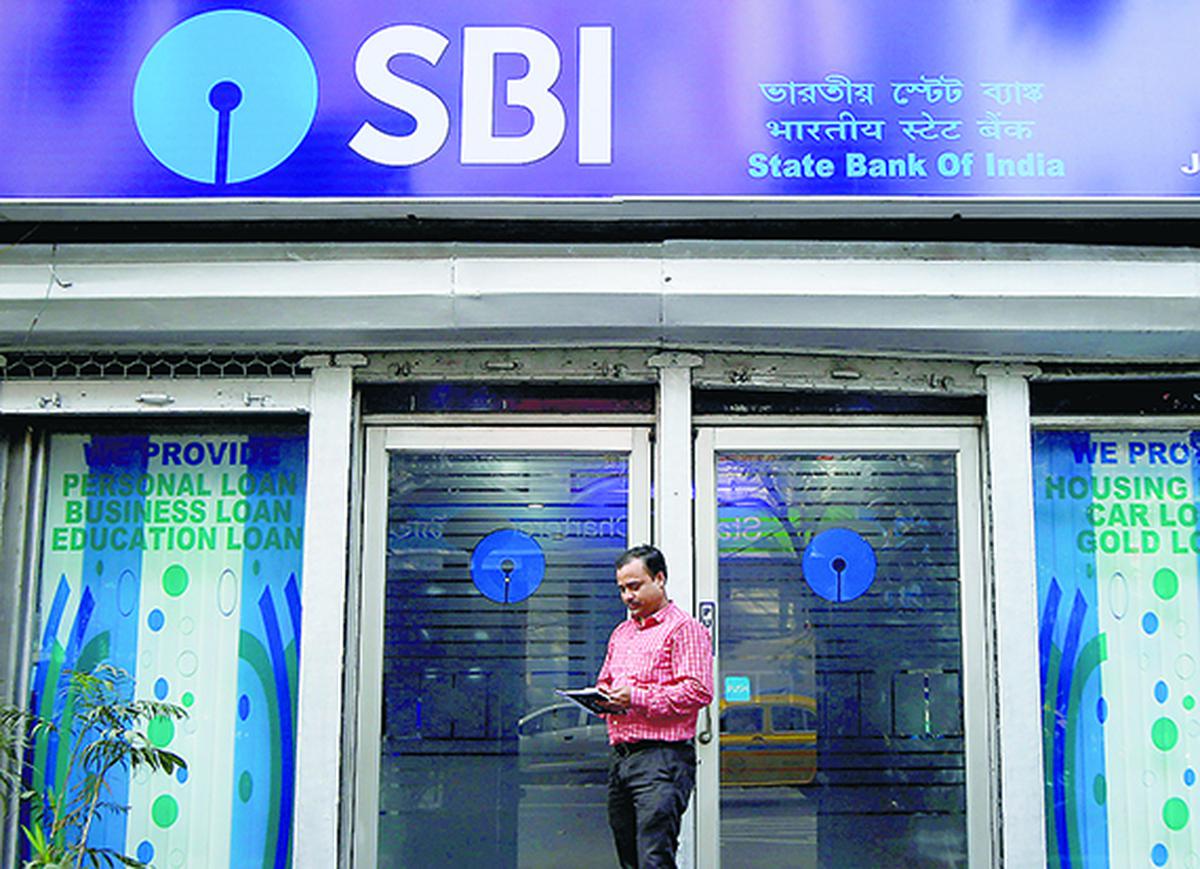Court orders India bank to disclose unidentified political donations

The Indian Supreme Court has given a government-owned bank one day to provide information about a contentious program that permitted individuals and businesses to give money to political parties in secret.
The State Bank of India (SBI) requested an extension, but by Tuesday at the latest, data must be shared with election officials.
By Friday, it must also post the information on its website, according to the court.
Last month, the court declared the plan to be “unconstitutional” and invalidated it.
The ruling, which will be viewed as a blow to Prime Minister Narendra Modi’s Bharatiya Janata Party (BJP), which has benefited most from the system, comes days before an anticipated announcement announcing the dates of the general election.
In 2018, his administration introduced the electoral bonds program, claiming it would increase transparency in political financing. However, opponents claim that it had the opposite effect and increased process ambiguity.
Contributors could purchase the bonds from SBI branches in fixed denominations of 1,000–10 million rupees (roughly $12–$121,000; £9–£94,182) and give them to political parties to be cashed.
The Supreme Court had ordered the SBI in February to stop issuing these bonds, to provide the Election Commission with information about bonds redeemed by each political party by March 6th, and to provide details of those who purchased them.
However, SBI submitted a petition for an extension until June 30 two days before the deadline, claiming that “matching of information to ascertain who contributed to which political party is a time-consuming process.”
The bank was placed “on notice” by the Supreme Court on Monday, which dismissed the plea and warned it that failure to share the information by Tuesday “by close of business” could be interpreted as deliberate disobedience of the verdict.
The bank claimed to have information about the donors, bond denominations, and which party redeemed what and when, but that this information was kept in “separate silos”. Since the SBI has been ordered by the court to “disclose information already available to it,” it may not be possible to quickly ascertain from the data who has donated how much to which party.




